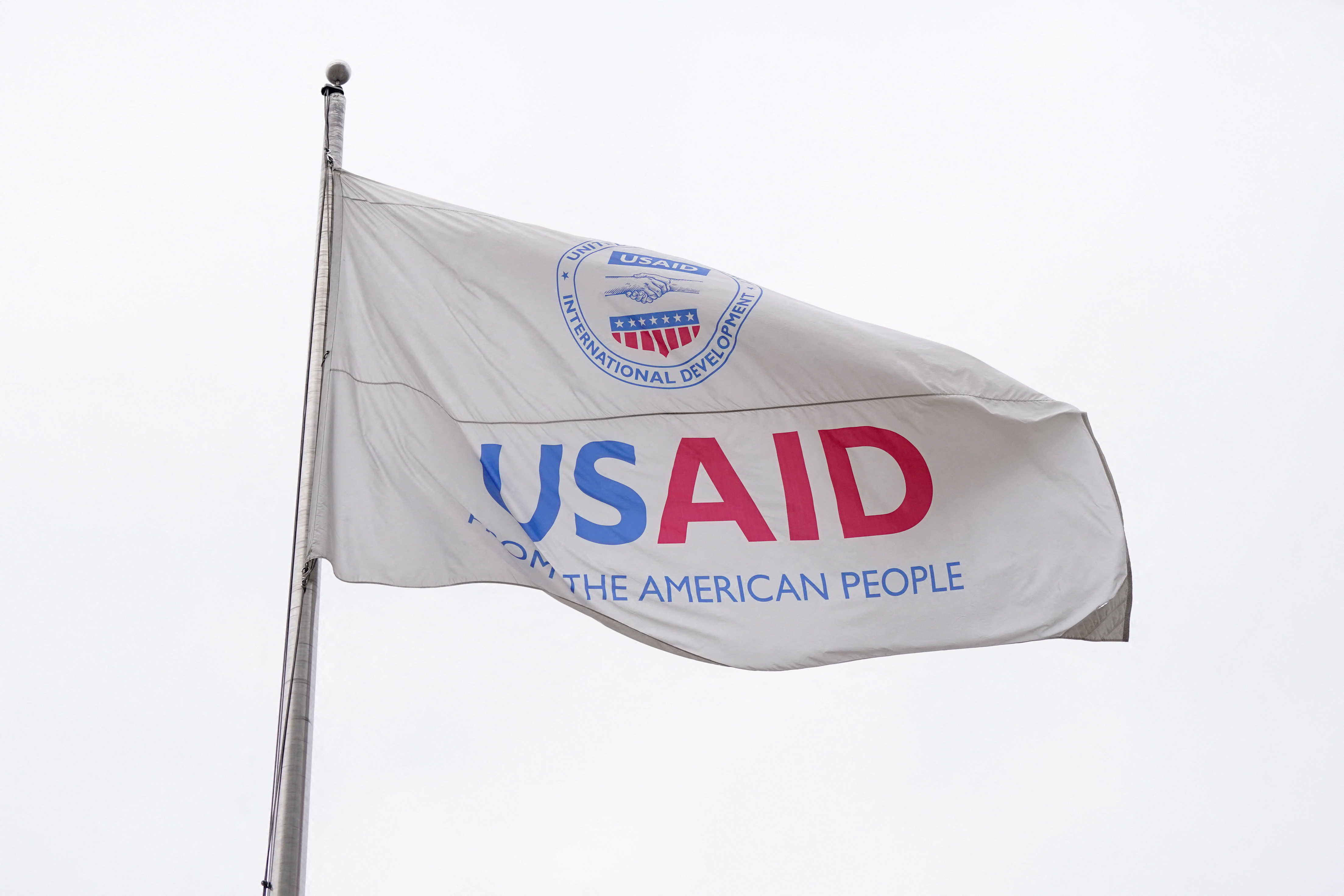- This move, which affects thousands of USAID workers and their missions across the globe, may affect the future of international development and humanitarian assistance.
President Donald Trump’s executive order to dissolve the United States Agency for International Development (USAID) and merge its operations with the State Department is poised to have profound implications worldwide.
This move, which affects thousands of USAID workers and their missions across the globe, may affect the future of international development and humanitarian assistance.
Founded in 1961 under President John F. Kennedy, USAID was established with a vision to streamline and enhance U.S. foreign assistance. Over the decades, it has evolved into a cornerstone of American diplomacy, focusing on long-term socioeconomic development in over 100 countries.
USAID has played a vital role in disaster relief, poverty alleviation, and technical cooperation, addressing pressing global issues such as environmental sustainability and public health.
Thousands face job losses, disrupting not only their careers but also the communities they serve. The dedicated professionals who have spent years building relationships and implementing programs will find themselves navigating a turbulent job market.
Read More
The repercussions of USAID's closure extend far beyond employment. The agency's decentralized network has been essential in managing U.S. government programs in low-income countries, providing crucial support through both technical and financial assistance.
This includes disaster relief operations in the wake of natural catastrophes, educational scholarships for underserved populations, and support for infrastructure development. Countries in Africa, Asia, Latin America, the Middle East, and Eastern Europe that rely on USAID’s assistance could see critical programs come to a halt.
Vulnerable populations who depend on food security, health services, and educational opportunities may face exacerbated hardships as these lifelines are severed.










